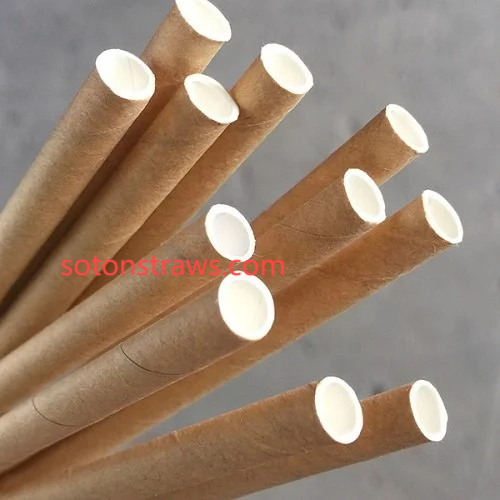As the world accelerates toward achieving "carbon neutrality," the spotlight turns to industries that harmonize innovation with ecological preservation. Among these, the Eco Friendly Reusable Reed Straws Factory stands as a beacon of sustainable manufacturing, transforming humble wetland plants into symbols of global environmental responsibility. With governments prioritizing carbon reduction and consumers demanding planet-conscious alternatives, these factories are redefining how everyday products align with climate goals. Their focus on renewable materials like reed straws—naturally biodegradable and low in carbon footprint—exemplifies a future where industry thrives without compromising Earth’s delicate balance.
The rise of reed-based straws underscores a shift toward materials that leave minimal environmental impact. Unlike synthetic alternatives, reed straws decompose within months, avoiding the centuries-long degradation cycle of plastics while enriching soil as they break down. Their production process inherently supports circularity: reeds grow abundantly in wetlands, requiring no fertilizers or extensive land use, which reduces reliance on resource-intensive raw materials. For Eco Friendly Reusable Reed Straws Factories, this translates to streamlined operations that prioritize efficiency and sustainability, from ethical sourcing to waste-free manufacturing.
Policy tailwinds further amplify this transition. Carbon neutrality frameworks incentivize businesses to adopt low-emission practices, making reed straws a strategic choice for brands aiming to comply with regulations and appeal to eco-conscious markets. By integrating carbon footprint monitoring into their workflows, these factories not only meet compliance standards but also contribute to broader climate targets, positioning themselves as partners in global decarbonization efforts.
Consumer preferences add momentum to this movement. Modern shoppers increasingly favor products that reflect their environmental values, driving demand for items like reed straws that blend functionality with ethical integrity. Their durability in both hot and cold beverages addresses practical concerns, while their rustic aesthetic enhances brand storytelling for cafes, hotels, and retailers. This dual appeal—functional and symbolic—makes reed straws a powerful tool for businesses seeking to differentiate themselves in a competitive, sustainability-driven marketplace.
Yet challenges remain. Scaling production while maintaining affordability requires continuous innovation in harvesting and processing techniques. Education is equally vital, as businesses and consumers must understand the lifecycle benefits of reed straws over superficially "green" alternatives. By investing in community partnerships and transparent communication, Eco Friendly Reusable Reed Straws Factories can foster trust and accelerate adoption.
The path to carbon neutrality is paved with collaborative action. As industries worldwide rethink their environmental impact, reed straw manufacturing emerges as a model of how tradition and innovation can coexist. By championing renewable resources and closed-loop systems, these factories not only mitigate climate change but also inspire a paradigm shift toward regenerative economies.
sotonstraws.com



